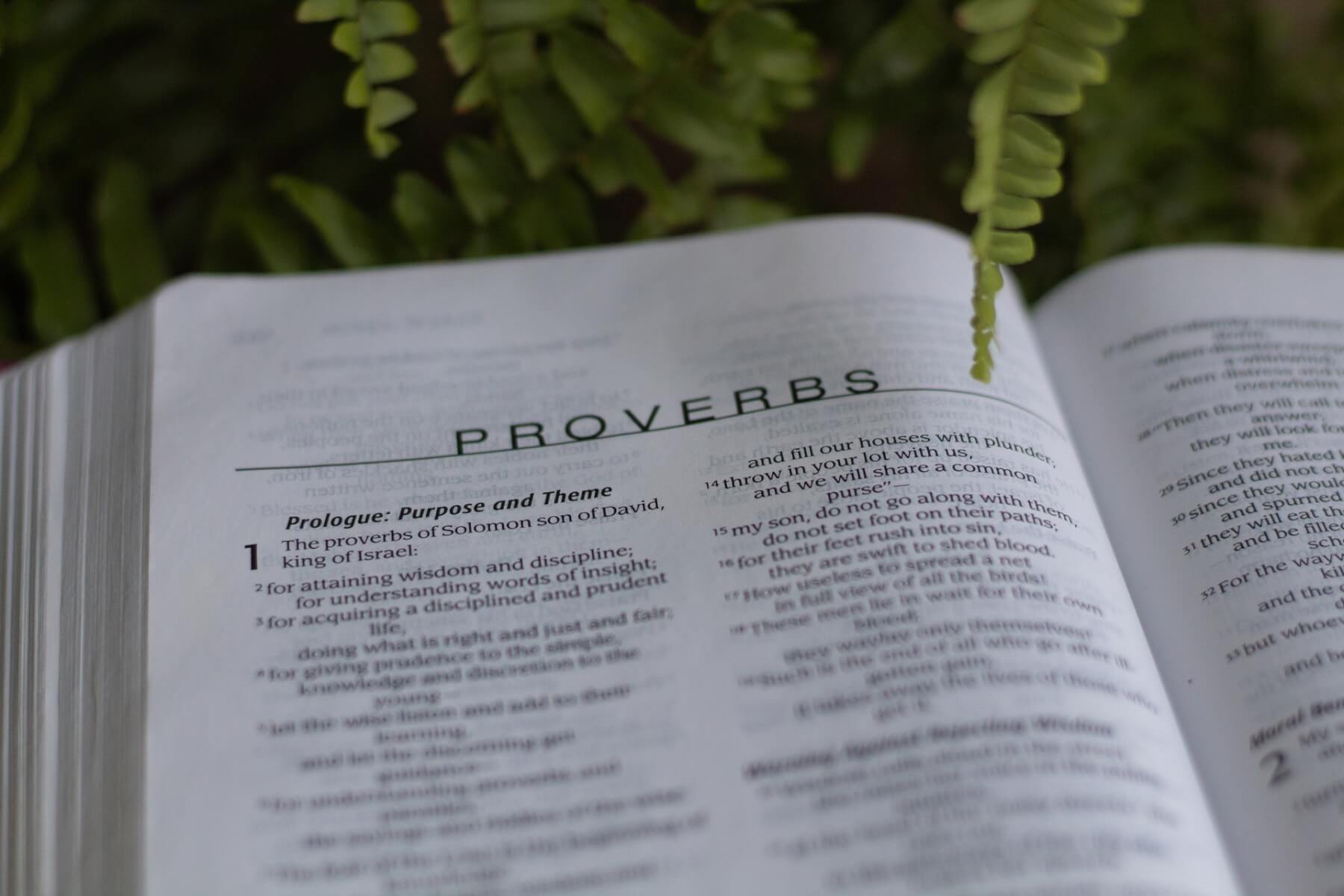As a Christian faced with offense, there are three potential paths one might choose based on the circumstances – maintaining harmony by turning a blind eye, seeing it as a catalyst for spiritual progress, or taking joy in it when it stems from persecution.
According to the Oxford dictionary, to be offended is to be resentful or annoyed, usually as a result of a perceived insult. We live in a fallen world, surrounded by sinners while dealing with our own sinful tendencies (praise God for His forgiveness and redemption!). One thing is for certain, at some point you’re going to be offended.
The offense may be intentional, it may be accidental, and it may even be unnecessary (am I imagining it?) – the only thing you can control is how you react to it. And how does the Bible say you should react to it? Let’s find out more.
Does the Bible Talk About Being Offended?
The Bible has a lot to say about being offended, offending others, and the grudges that sometimes result. It is full of wisdom and teaching on the correct way to handle being offended and the various situations that can lead to the offense (they are not all the same).
What Does the Old Testament Say About Being Offended?
Proverbs 9:7-9 ESV Whoever corrects a scoffer gets himself abuse, and he who reproves a wicked man incurs injury. Do not reprove a scoffer, or he will hate you; reprove a wise man, and he will love you. Give instruction to a wise man, and he will be still wiser; teach a righteous man, and he will increase in learning.
Correction and criticism are a part of life but they’re not always easy to accept. At times, we are offended because our pride is hurt. Deep down, we know there is truth in what the person is saying, but we feel embarrassed or exposed. Here, the scriptures describe a person open to correction as wise, loving, and able to learn. These are very different reactions from taking offense.
Proverbs 18:19 ESV A brother offended is more unyielding than a strong city, and quarreling is like the bars of a castle.
In this verse from the book of wisdom, we are reminded that offense and quarreling are closely related and neither are a wise use of our time or energy. In fact they lead to an imprisonment “like the bars of a castle.”
Proverbs 19:11 ESV Good sense makes one slow to anger, and it is his glory to overlook an offense.
Here the scriptures describe an ideal response to an offense – grace! We must remember that overlooking an offense means to ignore it completely as if it didn’t happen, to believe that no insult was intended. It can be tempting to store the incident in our mind and allow resentment to grow. Choosing to move past an offense is a credit to your character (and almost always a sign of maturity).
Ecclesiastes 7:21-22 ESV Do not take to heart all the things that people say, lest you hear your servant cursing you. Your heart knows that many times you yourself have cursed others.
And this kind of cursing doesn’t simply refer to swearing or saying “Oh my god.” It often takes more than mere words to offend us.
This verse makes it easier for us to forgive offenses quickly – we are all sinners and are all responsible for unkind words, criticising others and being careless at times. Because we know that we cause offense, we can stay humble and quickly forgive offenses against us.
What Does the New Testament Say About Being Offended?
Luke 7:21-23 ESV In that hour he healed many people of diseases and plagues and evil spirits, and on many who were blind he bestowed sight. And he answered them, “Go and tell John what you have seen and heard: the blind receive their sight, the lame walk, lepers are cleansed, and the deaf hear, the dead are raised up, the poor have good news preached to them. And blessed is the one who is not offended by me.”
In 1 Peter 2, Jesus is called the cornerstone for those who believe but a stone of stumbling and a rock of offense for those do not believe. The gospel, and more specifically, the identity of Christ offends people. When Christians proclaim the good news, people take offense even when it is done with gentleness. Jesus himself offended people – to the point that they crucified him.
What a comfort the following passage is from the previous chapter in Luke.
Luke 6:22-23 ESV “Blessed are you when people hate you and when they exclude you and revile you and spurn your name as evil, on account of the Son of Man! Rejoice in that day, and leap for joy, for behold, your reward is great in heaven; for so their fathers did to the prophets.
In our relationships with others, James cautions us to communicate carefully. It is wise to think through our words and responses rather than react based on the emotion in the moment or speak in a careless way. This can prevent offending others as well as help believers overlook unintentional insults. Throughout the Bible and in modern times, there is often a lot of offense given and taken around racial issues – like interracial marriage.
James 1:19-20 ESV Know this, my beloved brothers: let every person be quick to hear, slow to speak, slow to anger; for the anger of man does not produce the righteousness of God.
There are times when a repeated offense indicates a pattern of sin in someone’s life. Be careful. There is a big difference between a perceived insult and an obvious sin pattern. As a believer, if a fellow believer sins against you, it is your duty to approach them as detailed in the following passage.
Matthew 18:15-17a ESV “If your brother sins against you, go and tell him his fault, between you and him alone. If he listens to you, you have gained your brother. But if he does not listen, take one or two others along with you, that every charge may be established by the evidence of two or three witnesses. If he refuses to listen to them, tell it to the church.
Three Biblical Responses to Being Offended
There are three situations that could result in offense and, according to the Bible, they all call for different responses:
Believers are to receive correction and instruction with humility (rather than take offense) and be thankful for the opportunity to grow in their walk with The LORD – this is a wise way to live.
Grace! Christians are to remember that they too cause offense at times and should overlook offenses against themselves for the sake of peace and unity in the church. There is a difference between offenses and sin (sin is not to be overlooked or ignored!).
When Christians share the gospel with non-believers, it will cause offense. In this instance, Jesus calls us to rejoice and anticipate a reward in Heaven!





